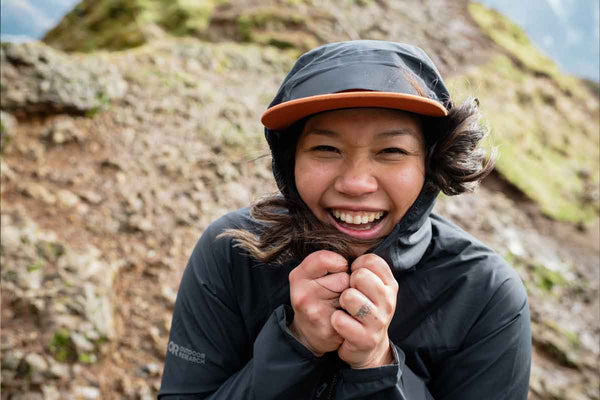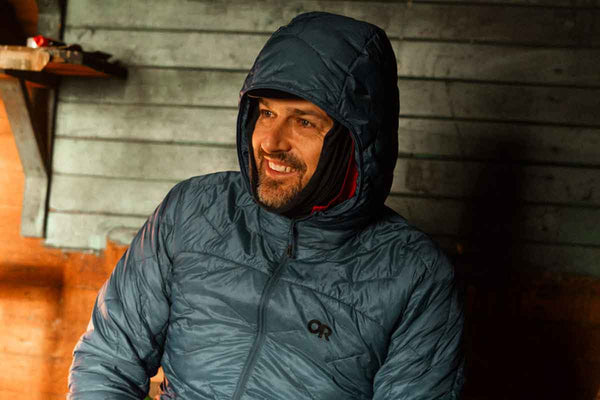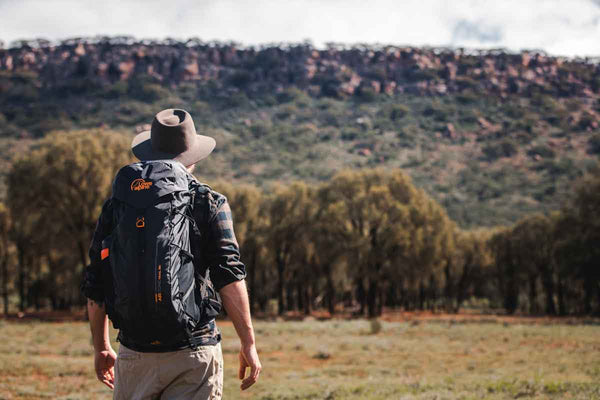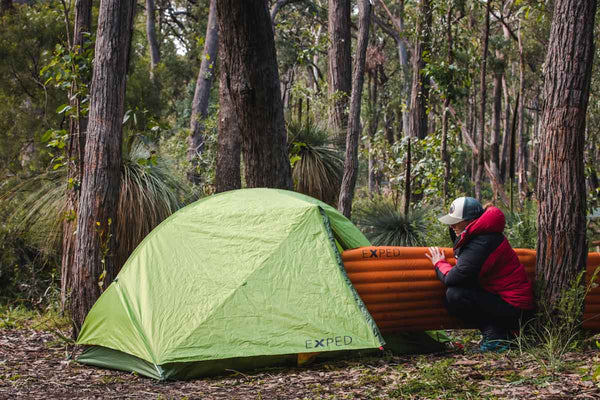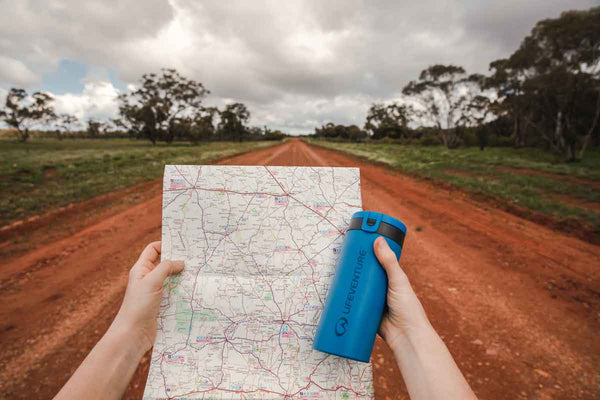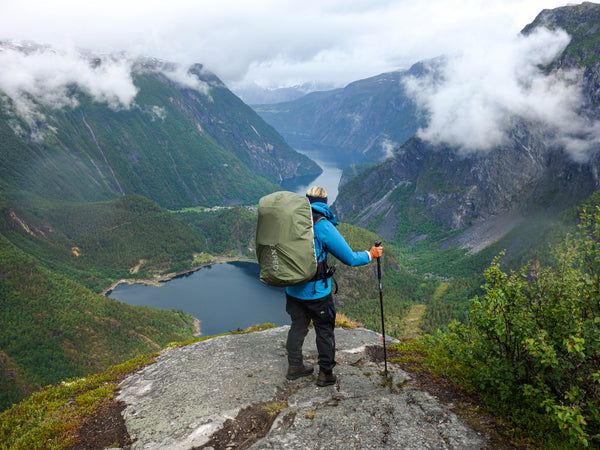
Overnight walks
Overnight Walks
Ever wanted to camp under the stars? Do you enjoy the feeling of being surrounded by wilderness? If so, then multiday walking is a simple and convenient way of getting your outdoor “fix”. Throughout the world there are countless walks that are considered truly classic trip, and naturally Australia has a fantastic selection as well:
• Six Foot Track in the Blue Mountains—two to three days
• Overland Track in Tasmania—six to eight days
• Katoomba to Kanangra in the Blue Mountains—two to three days
• Blue Gum forest in the Blue Mountains—two to three days
• the Milford Track (South Island, NZ)—three to four days
Some of our favourite international overnight walks include the Inca Trail to Macchu Pichu, in Peru (three to four days) and the Tour de Aiguilles Rouge, Chamonix, France (two to three days).
How long and how hard are we talking about? Multiday walks offer a huge range of difficulty and commitment levels. Typically these walks are 25 – 40 km, but terrain and altitude can be important factors when working out how long a trail may take. We recommend that you begin carefully and gain experience with camp life before embarking on expedition-like trips—and of course, you have to get used to carrying a heavier load!
Don’t underestimate the importance of always letting someone know where you are heading and what your estimated time of return is.Of course, the type of clothing and the amount of equipment taken on a day walk will depend on a few factors. Climate, duration of the walk, difficulty of the terrain and access to help along the way will all play a part in deciding what to take.
For longer day walks or even short walks on difficult terrain, more supportive footwear such as mids or even lightweight boots are ideal. A pair of trekking poles will help prolong your stamina, provide better balance and support those knees on the steep descents! Packing a small first aid kit including an emergency blanket (or “space blanket”) is also good idea on these more challenging walks.
Requirements
As far as equipment goes, you will need at least the following:
• Walking boots
• Trekking poles
• Backpack (between 40 and 65 liters)
• If camping—tent or shelter, sleeping bag and insulating mat
• If using huts—sleeping bag, insulating mat and hut booties
• Clothing for all potential weather changes
• Head torch
• Field first aid kit
• Cooking gear and food as well as water and snacks
• Water bottle (at least one)
• Pocket walking guide
• Map with navigation equipment (compass or GPS)
• Sunscreen
• Insect repellent (if needed)
• At least one spare pair of socks
• Water purification system such as a Steripen or Micropur tablets
• Stove system—for overnight trips, we recommend a fast, simple and efficient canister system like a Jetboil, MSR Pocket Rocket or Optimus Crux
• Fuel
• Cookware (Pot or pan)
• Cutlery
• Food (dehydrated)
• Hot drinks (Tea, coffee, cocoa)
Optional extras
• Camera
• Binoculars
• Spare batteries

